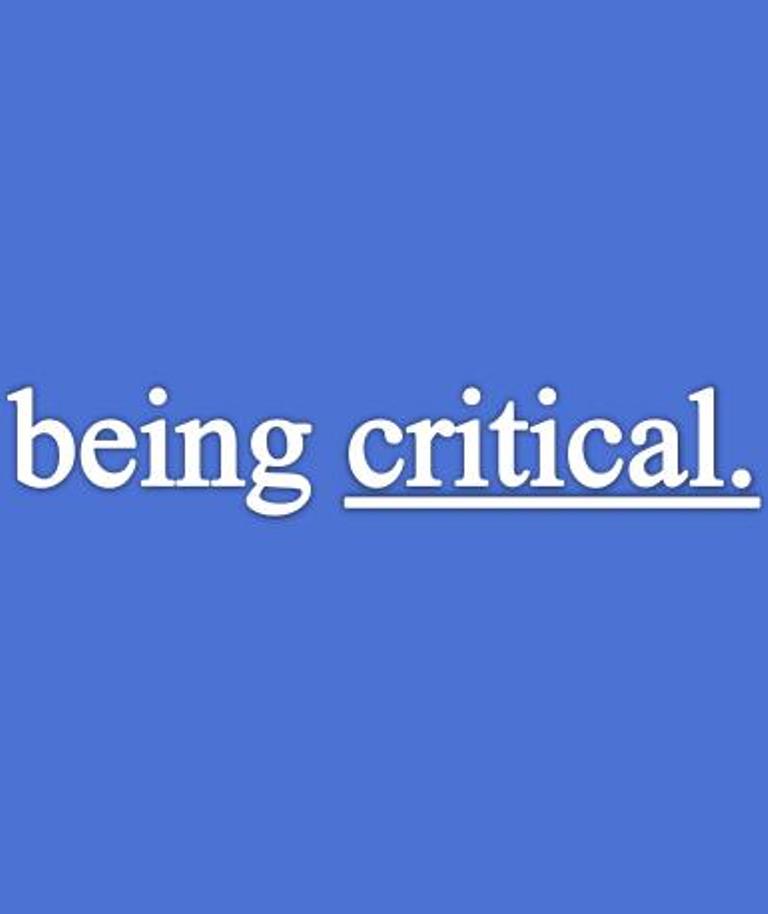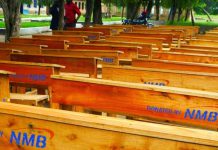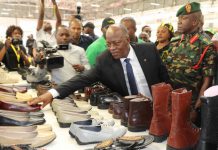THERE are lessons we can learn from a recent prayer-related tragedy at a church in Moshi, Kilimanjaro Region, which claimed the lives of 20 people, leaving 16 others injured.
The tragedy struck after a crowd of attendants scrambled for stepping on ‘blessed oil’ believed to have healing power of sicknesses, economic hardships and misfortunes.
The cleric, Prophet Boniface Mwamposa, has been arrested by the police in connection with the fatal incident since Sunday.
One lesson we can learn is that we must be careful with our beliefs, which seem to attract multitudes of those in need of miraculous healing and cures.
There are people who keep moving from one religious institution to another in search of miraculous healing and cures after experiencing hardships or misfortunes in their lives.
Yes, as long as we still live in this world, we are likely to suffer many hardships some of which are a result of our own negligence, ignorance, indifference or unhealthy lifestyles.
Some, of course, are beyond what we can do. It is a matter of common sense that if we fall sick we should go to hospital and even doctors often advise us to go for regular medical check-up.
Despite this good advice, there are people who don’t heed the advice, and when something strange develops related to their health, they panic and seek miraculous healing and cures from certain clerics who assure them of instant healing and cure.
In some cases we have witnessed certain adherents directed to eat grass like animals and in others we have seen some lying down and their religious leaders walking on them.
There are many rituals we may do which are unrelated to true faith and these can mislead us.
Although the Constitution of the United Republic of Tanzania stipulates that Tanzania is a secular state, its citizens believe in God through Abrahamic religions or traditional ones and others though claim to be non-believers or atheists. Yet, we are all children of God.
We respect the faith of each Tanzanian, but we want to stress that when we believe in a certain belief system we must do it intelligently.
This is because faith is not opposed to rationality – in the sense that if we must believe then it is because it makes sense for us and let’s avoid what doesn’t make sense.
We shouldn’t and indeed we must not take on board any belief which is opposed to our rational faculties.
If we are critical of our own faith and try to purify it so that it helps us to be closer to God, then we must take steps not to be misled by false beliefs and practices that are opposed to true faith.
May God guide us to seek Him in truth and may he help us recognise our need to be critical of what we believe, teach others and practise.







